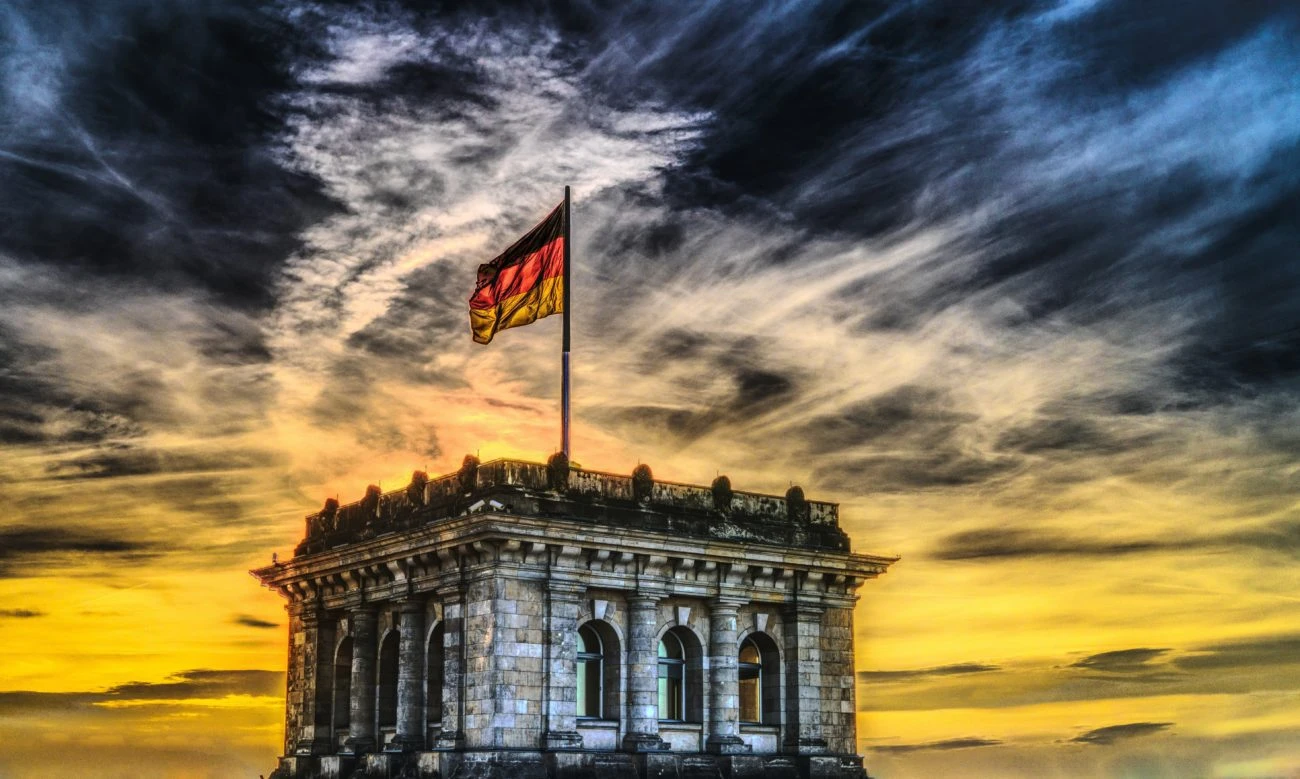Germany’s DSWV attacks “outdated” State Treaty

German sports betting operator association the Deutsche Sportwettenverband (DSWV) has fired a broadside at the latest incarnation of the State Treaty on Gambling, dismissing the legislation as unfit for purpose.
The association has criticised German lawmakers for failing to make significant changes to the Treaty, with the only major update from its 2012 incarnation the removal of a cap on the number of licences that can be awarded.
The Treaty still looks to impose controversial restrictions, including a ban on in-play betting and a mandatory €1,000 monthly spending limit on all players. The Minister-Presidents of the country’s 16 federal states are due to discuss the legislation at a meeting next week (March 21), and are expected to ratify the revised Treaty.
“It is true that, after seven years of regulatory chaos, the states are finally establishing licensing system for sportsbook providers,” DSWV president Mathias Dahms said. “The problem, however, is that outdated and restrictive elements of the State Treaty remain.”
Dahms noted that in-play betting currently accounts for between 60 and 70% of sports betting stakes in the country, which he said would give unlicensed operators a major advantage over their regulated counterparts.
“In the digital age, unlicensed offerings are just a click or a swipe away on smartphones,” Dahms explained. “If consumers now migrate in droves [to the unlicensed sites], the State Treaty has failed to achieve its goals.”
The former mybet chief executive and current any-bet managing director said it would take years to attract those playing on unlicensed sites back to legal offerings. The Minister-Presidents, he said, had “done a disservice” to the players and minors they aim to protect.
Dahms also noted that the State Treaty, which would come into force from January 1, 2020 if ratified, would be classed as being in an “experimental” phase until June 30, 2021. At this point, the Minister-Presidents have the option to scrap the legislation, or keep it in place.
“[The] disproportionately short term of the sports betting licenses of just 18 months makes it clear that the decision of the states is no more than a provisional pillar for the dilapidated State Treaty on Gambling,” Dahms said.
In a speech at the University of Hohenheim’s Gambling Symposium later today, Dahms will call for the break clause to be exploited for a total overhaul of gambling regulations.
“The DSWV demands German gambling regulations are rebuilt on completely new foundations: The unrealistic regulations on sports betting in the current State Treaty date from a time when there were no iPhones, no Facebook and no apps,” Dahms said. “We need modern gambling regulations that accepts that consumers want to place their bets live, digitally and on mobile.
He pointed to Schleswig-Holstein as an example of a successful liberalised market framework. Hans-Joern Arp, leader of the Christian-Democratic Union in the Schleswig-Holstein Parliament has already told iGamingBusiness.com that the state plans to reintroduce liberalised gaming laws and renew licences that were issued under its 2012 framework, which permitted all gaming verticals and taxed operators at 20% of gross revenue.
